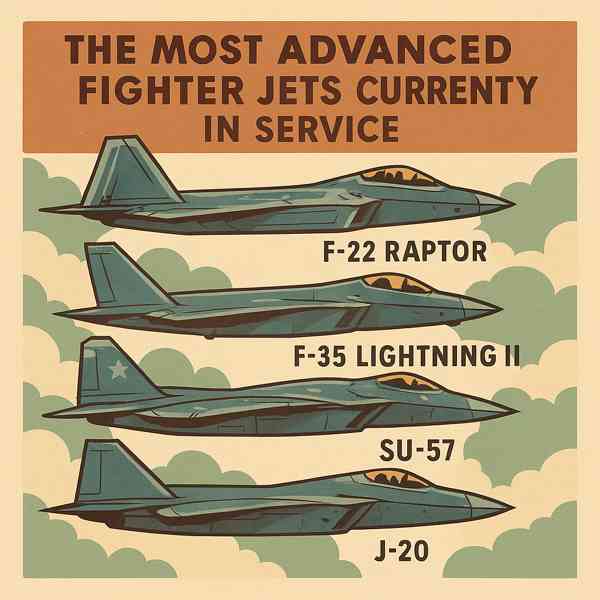Aerospace and Defense Technology: The Future of Security and Innovation
Aerospace and Defense Technology: The Future of Security and Innovation
Blog Article

From stealth aircraft and missile systems to satellites and AI-powered defense networks, aerospace and defense technology is driving modern warfare and exploration.
These systems are more than machines—they represent the edge of technological evolution.
Understanding the Sector
Aerospace and defense technology covers the tools used for protection and exploration in air and space.
Core components include:
- Advanced fighter jets and military aircraft
- Strategic offensive and defensive arms
- Spacecraft and orbital technologies
- Automated defense and response networks
Each advancement in this area boosts technological superiority.
The Role of Technology in Modern Defense
Nations with advanced aerospace and defense technology hold an advantage.
How innovation impacts national security:
- Real-time surveillance and targeting
- Safe and effective mission execution
- Breaking traditional defense barriers
- Controlling and disrupting enemy signals
With each innovation, defense becomes more strategic.
What’s Changing in the Industry
The aerospace and defense sector is evolving rapidly.
Current trends to watch:
- AI-driven analytics
- Weapons and aircraft at Mach 5+
- Unbreakable encryption for national secrets
- Space-based missile defense
Staying ahead in defense read more means staying at the edge of tech-driven warfare.
Challenges in the Aerospace and Defense Tech Sector
Even as the technology advances, this sector faces formidable obstacles.
What the industry must navigate:
- High research and development costs
- Short life cycles of advanced systems
- Restrictions on exports and testing
- Ensuring integrity of automated platforms
Overcoming these challenges is critical to maintaining superiority.
Where Aerospace and Defense Tech Is Heading
Despite the challenges, the future of aerospace and defense technology is filled with possibilities.
Promising areas include:
- Space defense and anti-satellite systems
- Sustainable defense aviation
- Linking air, land, sea, and cyber
- Boosting economies through spin-offs
The future will be shaped by those who adapt first.
Conclusion
Aerospace and defense technology is more than machinery—it’s a tool of leadership.
The world is watching—what’s next in aerospace and defense tech may just change everything.
Report this page